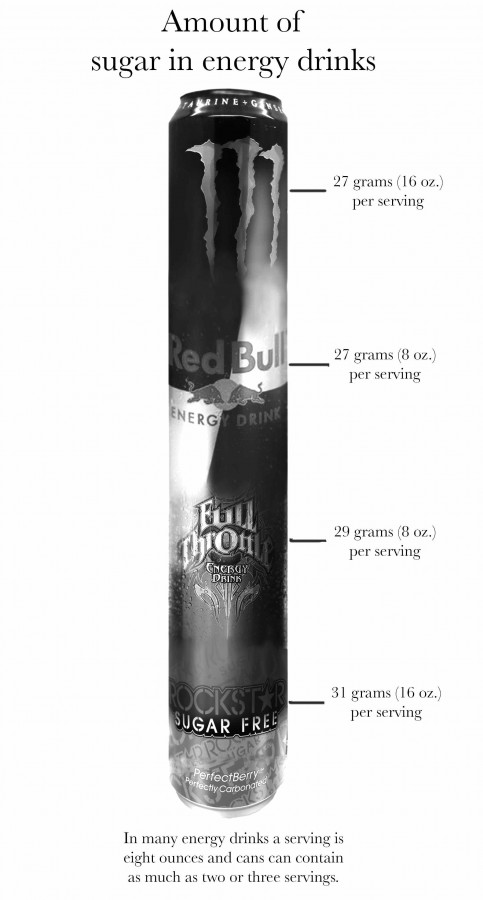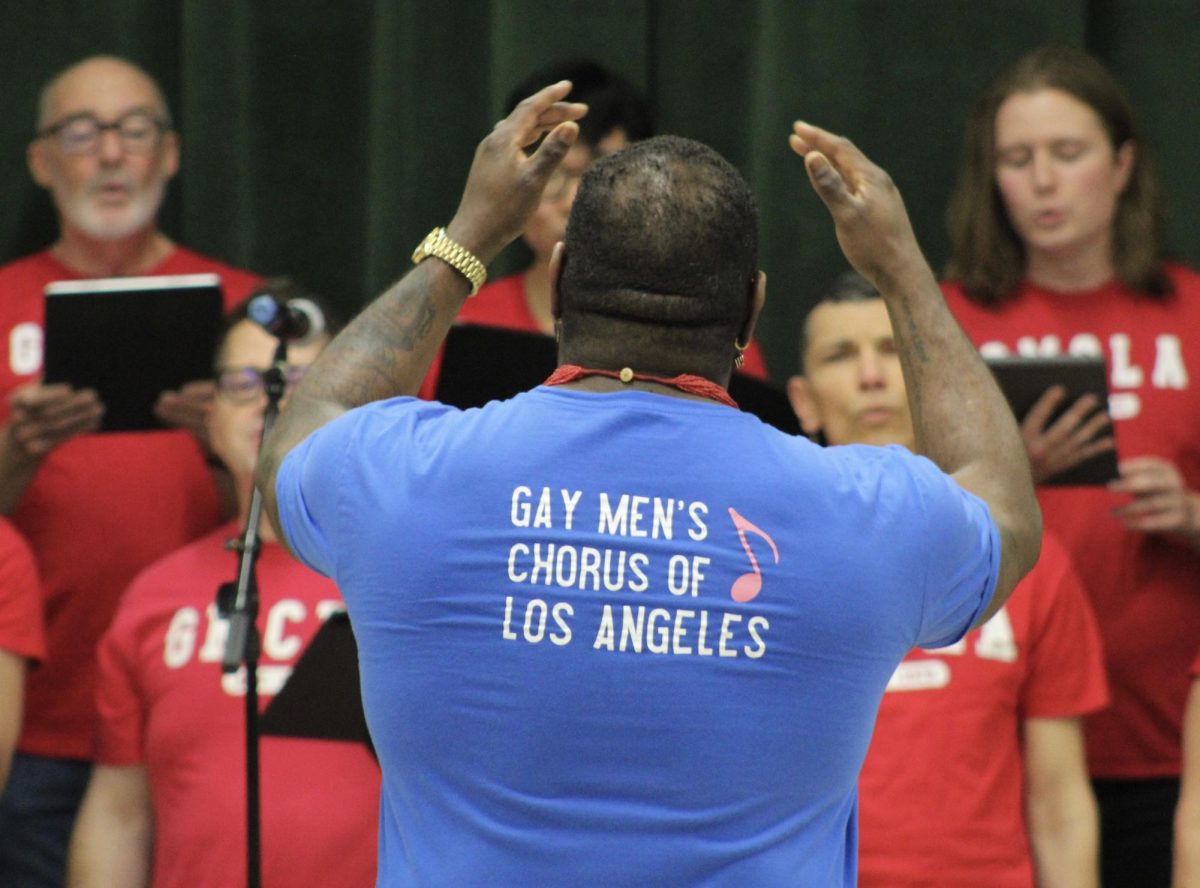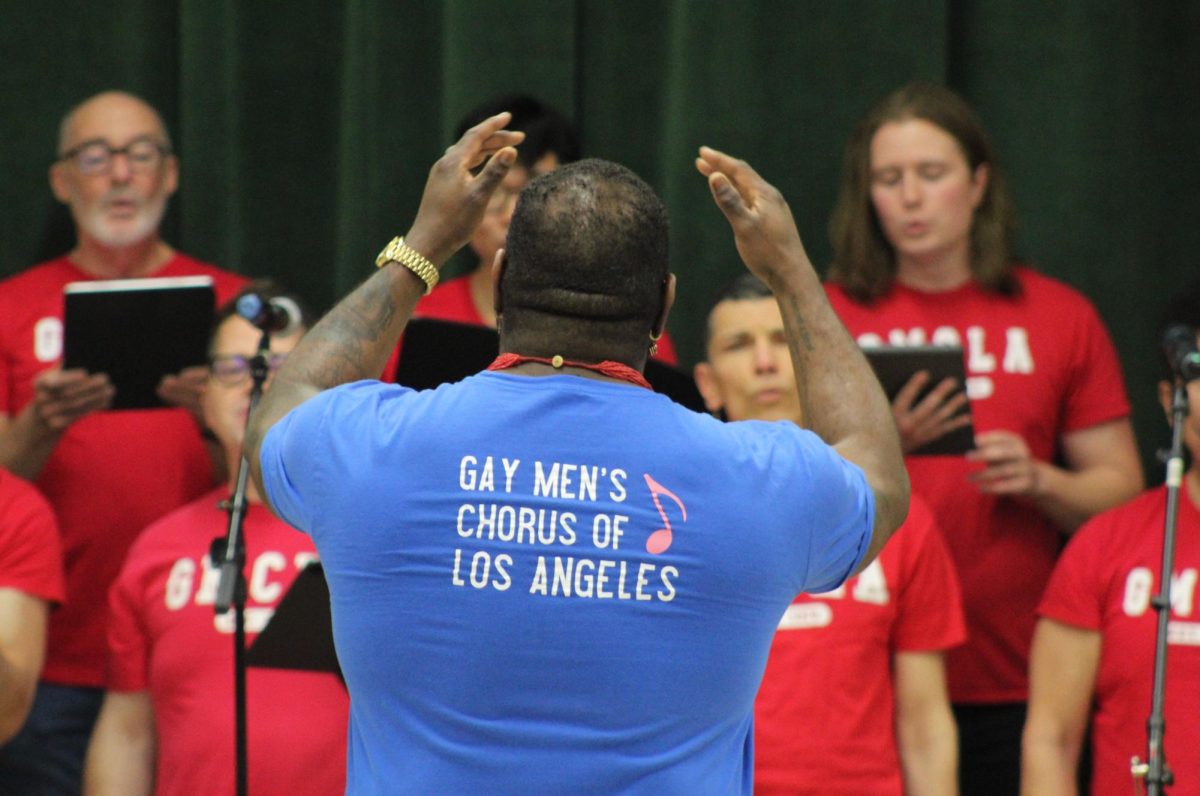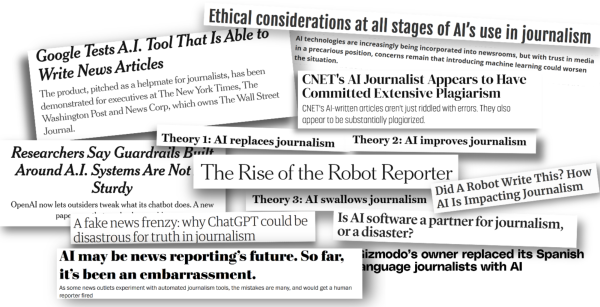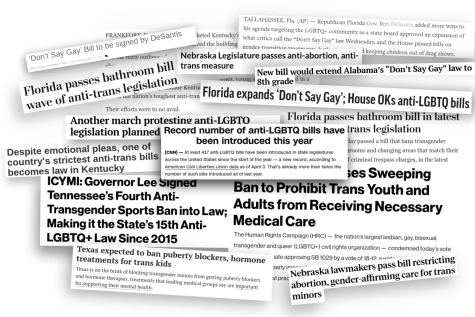Energy drinks are not a healthy option for teens
March 25, 2015
Sophomore Albert Amougou stopped consuming energy drinks after he realized how much he relied on them for energy.
“I used to fall asleep during the day and be up all night,” Amougou said. “I was getting hooked to it so I stopped drinking it by the end of freshman year.”
According to the ScienceDaily website, 30 percent of young adults between the ages of 12 to 17 consume energy drinks.
According to a recent survey done by The Pearl Post, there are three common reasons for consuming energy drinks. Either the student likes the taste of the drink, enjoys the boost in energy and/or uses it as a replacement for water. The survey found that Monster energy drink was the most popular brand.
In 2013 in a study by the UCLA Center for Health Policy, a research group found out the number of teenagers who consume energy drinks has increased over the years.
Joelle Wolstein, a graduate student researcher who also contributed in the study, said in a email interview that energy drinks are marketed to improve energy and to help with weight loss, stamina, athletic performance and concentration.
“There are a number of reasons why people consume more sugar-sweetened beverages now than in the past. They include marketing, increased portion size, price and availability,” Wolstein said.
Energy drinks tend to lose their effect fairly easily. Teenagers drink more to get that same effect, which in some cases causes caffeine overdose. The sugar and caffeine can cause addiction but in a low rate.
“I use to drink Red Bull once a week. I haven’t had one for months. If I had more I know I would become addicted to it,” junior Cedric Eusantos said.
According to the U.S Anti-Doping Agency website, energy drinks are often confused and categorized as sport drinks such as Gatorade and Powerade.
Energy drinks can cause a negative physical effect. In her interview from July 2014 with Food Safety News, cardiologist Dr. Stacy Fisher from Maryland University School of Medicine mentioned that there is an increasing number of patients with problems such as palpitations, shortness of breath and nausea due to energy drinks.
Energy drinks contain stimulants such as caffeine and sometimes guarana plant ,which gives a brief boost to performance. They contain almost as much sugar as a 12 ounce can of Coke, which has 39 grams of sugar.
Energy drinks also have negative psychological effects. According to the National Center for Biotechnology Information website, depression, mood changes, feeling of fatigue, lack of energy and aggressiveness are caused by consuming energy drinks. Sometimes it also can lead to smoking and other addictions as well.
In the email interview with Wolstein she added that the healthiest approach is to limit consumption energy drinks or not at all.
“If someone is heavily exerting themselves for an extended period of time they may want to have sport drink to rehydrate and replenish electrolytes,” Wolstein said.


